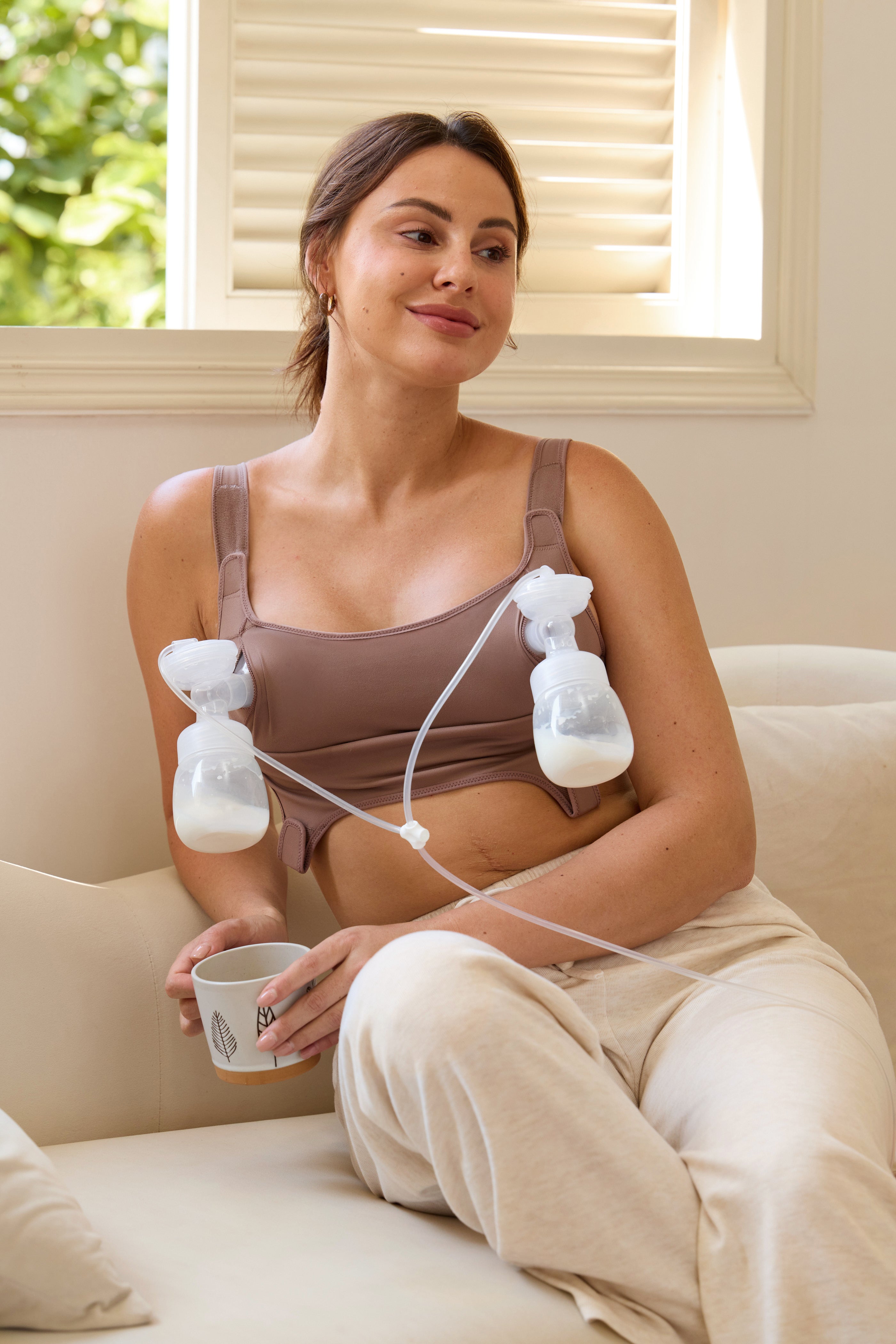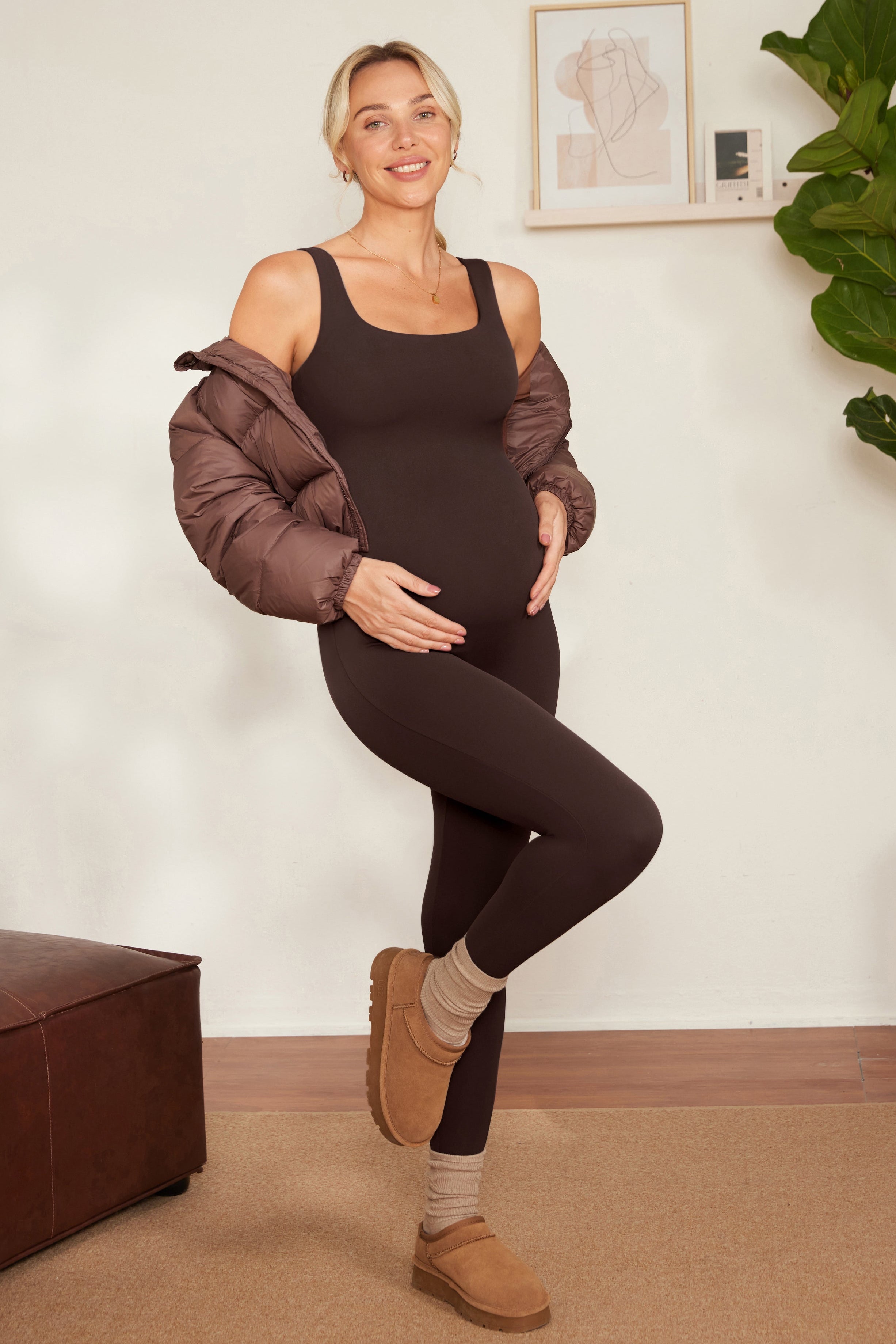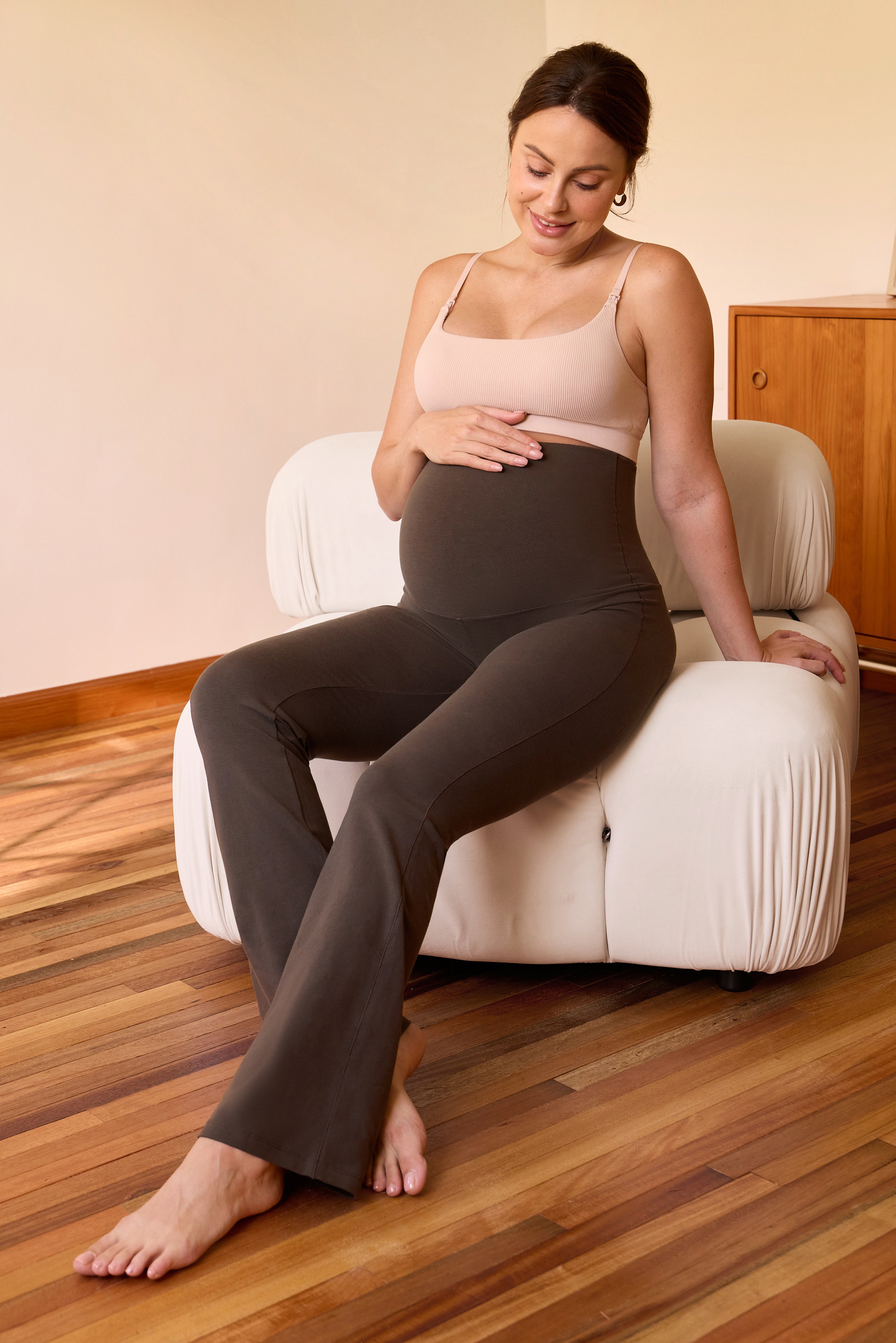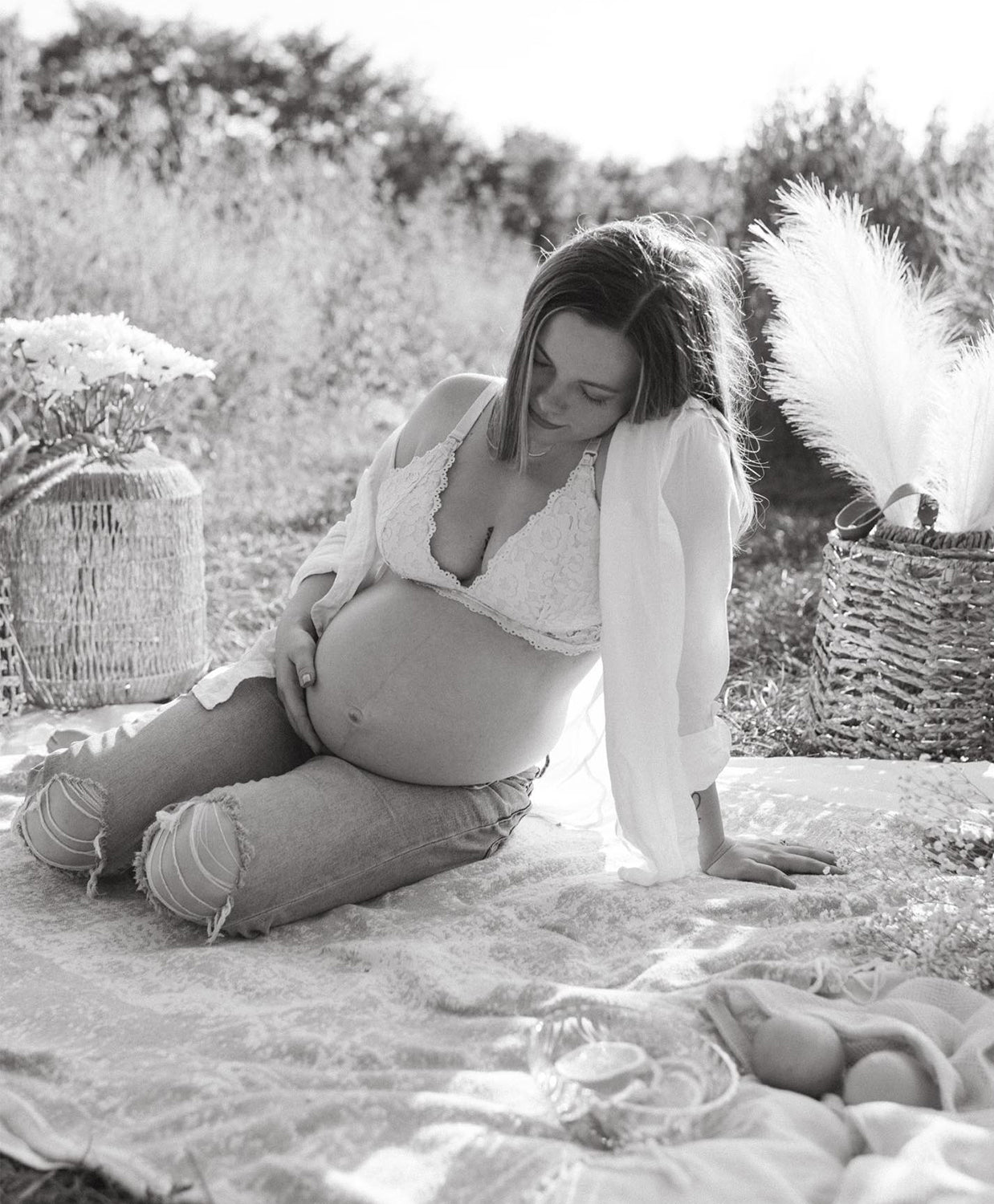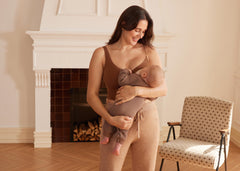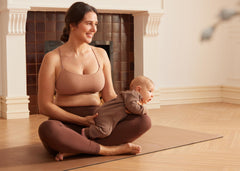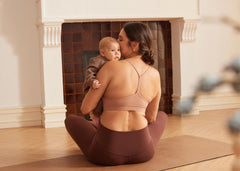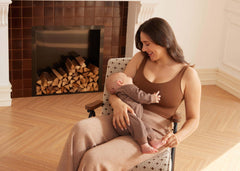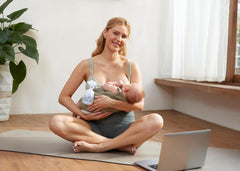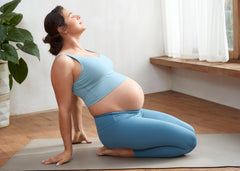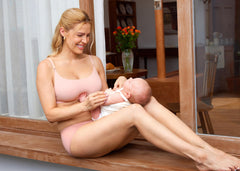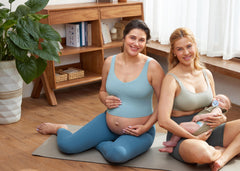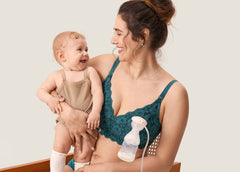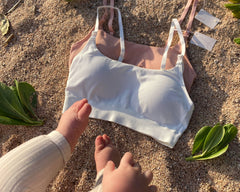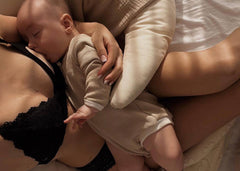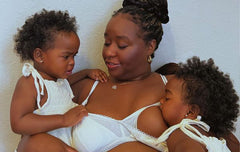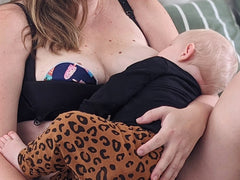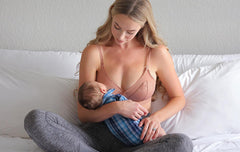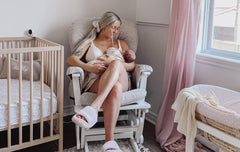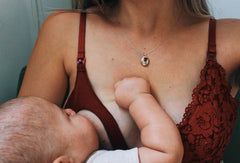Getting ready for delivery is a big deal. One of the most important things you'll do ahead of time is pack your hospital bag.
The right items can make a huge difference, whether you're in labor for hours or preparing for a few days in the hospital.
Here’s a super detailed checklist to help you pack everything you need, so you're not stressing about it at the last minute.
1. Important Documents and Paperwork
When you arrive at the hospital, you’ll need a few key documents for check-in. Have these in a handy folder (a waterproof one is best, in case things get a little wet during the process).
-
ID: Your government-issued photo ID.
-
Insurance info: Make sure to pack your insurance card (or have your insurance number ready).
-
Pre-registration forms: Many hospitals let you pre-register, so bring those papers if you’ve filled them out.
-
Birth plan: If you’ve written out a birth plan, bring a couple of copies to share with the hospital staff.
-
Medical history: A quick rundown of any relevant medical history (allergies, previous surgeries, etc.) will come in handy.
-
Provider contact info: Write down your doctor’s or midwife’s contact details, just in case.
-
Notarized medical power of attorney (for your partner): This might be necessary for unexpected situations.
2. Clothes for Recovery
You’ll want to be as comfy as possible during labor and recovery, so don’t overthink your outfits. Keep it simple, and don’t worry about looking cute — it’s all about comfort!
-
Nightgowns or button-down shirts: Pack two or three loose, comfy gowns or shirts. Button-down styles are great because they’ll allow easy access for breastfeeding and skin-to-skin contact.
-
Non-slip socks: Hospitals can be cold, and you’ll want something to keep your feet warm (and also make sure you don’t slip on those hospital floors).
-
Warm robe: A soft, cozy robe is a great addition for walking around the room or covering up when visitors stop by.
-
Postpartum underwear: High-waisted, stretchy undies that help manage postpartum bleeding are a must. The hospital will give you some, but it’s nice to have your own.
-
Comfortable going home outfit: Opt for maternity leggings and a loose, nursing-friendly top that’s easy to get on and off. You'll want something that’s forgiving of your body’s changes after birth.
SEE ALSO Guide to bottle-feeding: best techniques and positions
3. Nursing and Postpartum Care Supplies
After baby arrives, nursing can be challenging, and postpartum recovery takes time. Having the right supplies will make everything more comfortable.
-
Hands free nursing bra: If you plan to breastfeed, good nursing bras can make things a lot easier.
-
Breast pads: Disposable ones will help keep things dry if your milk starts coming in.
-
Nipple balm: Trust me, you’ll want a soothing balm to help with any soreness while breastfeeding.
-
Portable breast pump: It’s a good idea to have a pump with you, just in case you need to relieve any engorgement or get a head start on your milk supply.
-
Postpartum pads: The hospital will provide some, but it’s nice to have your own stock of super-absorbent pads for after delivery.
-
Perineal cold packs: These are so helpful in reducing swelling and discomfort after vaginal delivery.
-
Witch hazel pads: They’re great for soothing sensitive areas during recovery.
-
Sitz bath kit: A sitz bath is a gentle way to cleanse and soothe down.
4. Newborn Essentials for the First 48 Hours
Your little one will need some basics, but don’t overpack. The hospital will usually provide most of what you need.
-
Onesies: Bring a couple of newborn-sized onesies. Don’t overpack, but you’ll want some clothes to keep your baby comfy.
-
Mittens: Newborns have sharp nails, and mittens will keep them from scratching their face.
-
Swaddle blanket: Hospitals will give you blankets, but you might want to bring a soft swaddle of your own that feels familiar and cozy.
-
Going-home outfit: A cute but practical outfit for baby’s first trip home. Look for one with fold-over mittens to avoid any scratching.
-
Car seat: Make sure your car seat is installed and ready to go BEFORE labor begins. Hospitals can’t discharge you without one.
5. Tech and Entertainment
You’ll likely spend some time in your hospital room, so bringing some tech and entertainment can help pass the time.
-
Phone charger: A long (10-foot) phone charger is key! You might be stuck in bed for a while, and you won’t want your phone to run out of battery.
-
Tablet or e-reader: Load it with movies, shows, books, or anything else that’ll keep you entertained.
-
Noise-canceling headphones: These are great for relaxing, listening to music, or tuning out hospital noise.
-
Portable battery pack: This can be a lifesaver, especially if you’re in the hospital for an extended period.
-
Toiletries for your partner: Don’t forget to pack a small toiletry bag for your partner too. Things like deodorant, toothpaste, and extra socks are often forgotten!
6. Snacks and Hydration
Labor is a workout, and you’ll need to stay fueled and hydrated. Packing your own snacks is a smart move.
-
Electrolyte drinks: Drinks like coconut water or electrolyte-enhanced water help you stay hydrated and balanced.
-
Protein bars: These are easy to grab and will give you energy.
-
Light snacks: Think crackers, dried fruit, or nuts — things that are easy to digest and won’t make your stomach upset.
-
Water bottle: A reusable water bottle with a straw is super convenient to drink from while you’re in bed.
-
Avoid strong-smelling snacks: The last thing you want is to disturb other patients or staff with strong odors like garlic or fish.
7. Special Items for Cesarean or Multiples
Some deliveries come with extra considerations. Here are a couple of things to add if you’re planning for a c-section or expecting multiples.
-
For a C-section: High-waisted compression underwear and an abdominal binder will help support your incision site and keep you more comfortable as you heal.
-
Expecting multiples: If you’re having twins (or more!), be sure to double up on baby clothes, diapers, and anything else you might need.
8. Post Delivery Recovery and Mental Health
Labor and delivery are physically demanding, and the first few days after birth can be emotionally intense. Pack a few things to help with both.
-
Journal: You might want to jot down your thoughts or reflections. A journal can be a great way to process everything, especially if things don’t go as planned.
-
Essential oils: Lavender or peppermint rollers can help calm your nerves and alleviate stress.
-
Support for your partner: Don’t forget that your partner might also need support. Make sure they have numbers for emergency hotlines or postpartum resources if things get tough.
Conclusion
Packing your hospital bag doesn’t need to be overwhelming, but it does require some planning. Think about what will make you feel comfortable, supported, and prepared. Having the right things on hand can make a big difference in how smooth your delivery experience goes.
Check your bag around week 34 and make sure you’re ready.
FAQs
When should I start packing my hospital bag?
It’s a good idea to start packing your hospital bag around 34 weeks of pregnancy. That gives you plenty of time to make sure everything is in order before the big day, just in case baby decides to make an early entrance!
What’s the most important thing to pack for labor?
The most important things for labor are your comfort items. This includes loose, breathable clothing (like nightgowns or button-down shirts), non-slip socks, and a warm robe. You’ll also want to have your important documents (ID, insurance card, birth plan) ready to go.
Do I need to pack a breast pump?
If you plan on breastfeeding, it’s a good idea to pack a portable breast pump. While the hospital may provide you with one, having your own can make it easier if you experience early feeding challenges or need to relieve engorgement.


